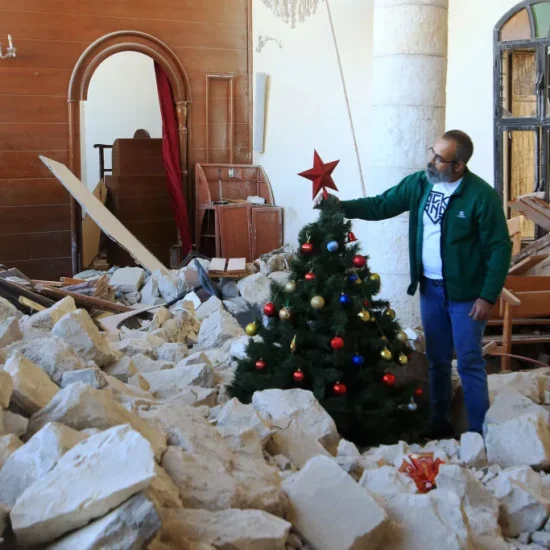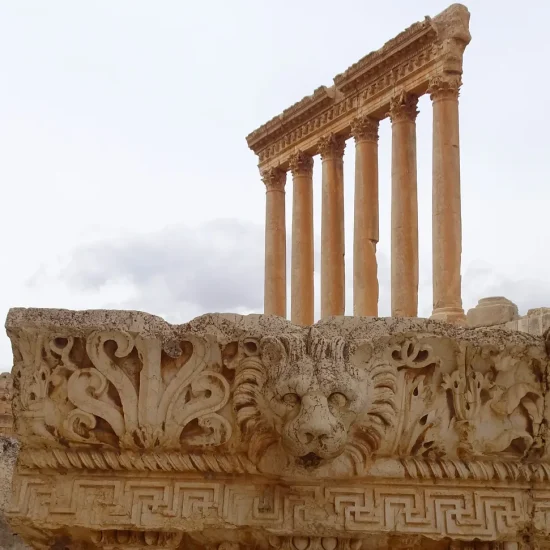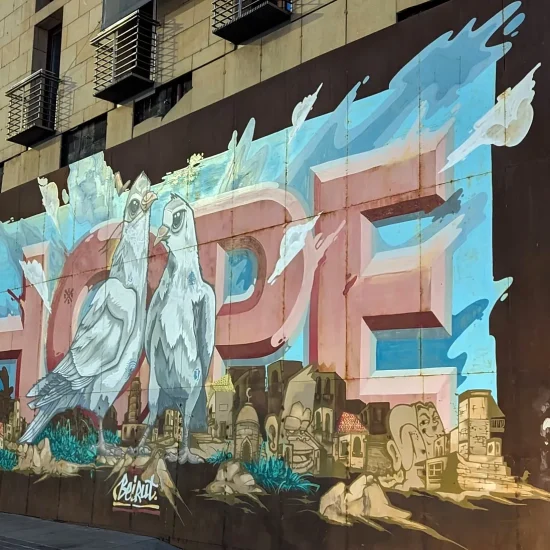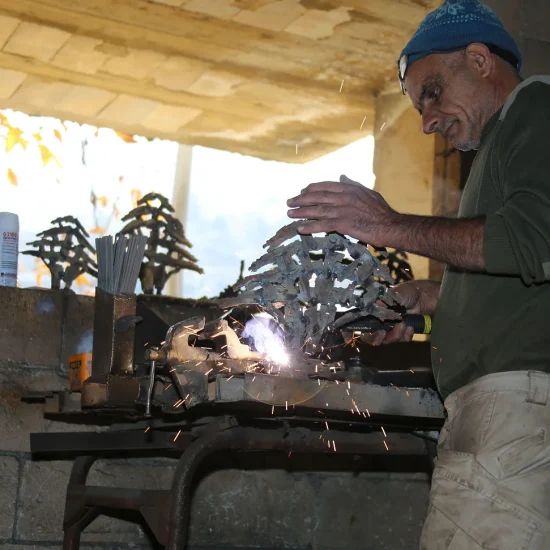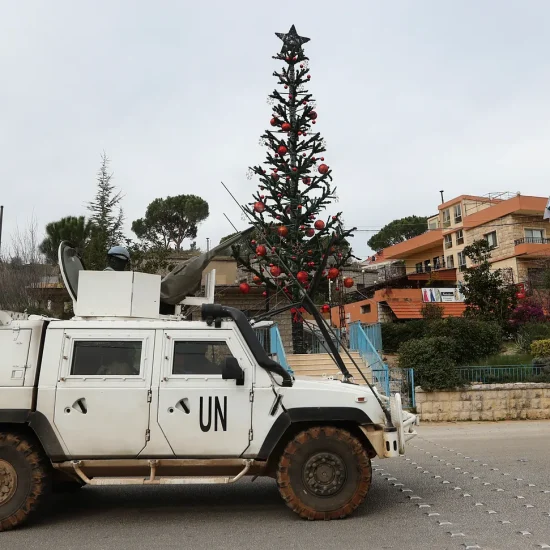By Carolyn Chapman, William Jewell College
William Jewell senior Rachel Sheffield traveled to Beirut, Lebanon, intending to share her faith. But she also found herself in the midst of war.
When war broke out between Israel and Lebano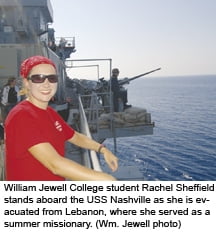 n in July, Sheffield was five weeks into a planned eight-week stint as a summer missionary. Her group, which consisted of career missionary families and student summer missionaries, received warning about probable Israeli retaliation after Lebanon's Hezbollah faction captured two Israeli soldiers.
n in July, Sheffield was five weeks into a planned eight-week stint as a summer missionary. Her group, which consisted of career missionary families and student summer missionaries, received warning about probable Israeli retaliation after Lebanon's Hezbollah faction captured two Israeli soldiers.
As hostilities escalated, the volunteer packed all of her belongings and prepared to leave. Unfortunately, evacuation didn't come quickly. She and 19 other team members, including seven children, crammed into a two-bedroom apartment and waited for two weeks to evacuate while bombs exploded nearby.
"We stepped onto our balcony and could see smoke from the bombs," she recalls. Over the next two weeks, the bombs grew louder, especially at night, with the reverberation rattling the doors and windows. They cracked the windows to prevent them from breaking.
Group members huddled around the television watching for updates from CNN. Finally, representatives from the U.S. Embassy e-mailed them, telling them to evacuate. When Sheffield and her group arrived at the port, they waited in line for more than 16 hours to board a boat to Cyprus.
"It was very hot, and not at all orderly," she remembers. "Everyone pushed and shoved to the front of the line."
Exhausted, the student and her group arrived in Cyprus, where a missionary team met them. "They really took care of us," she said. From there, she flew to Germany, then Atlanta and finally to her family in St. Louis.
For a few years, Sheffield, a psychology major, had felt the call to be an overseas summer missionary, but had never pursued an appointment until this summer. She scanned the opportunities through the International Mission Board and applied in January. A comparative religion class at Jewell on Judaism, Islam and Christianity sparked a desire to serve the Muslim population.
She stayed near the American University of Beirut and had the chance to speak with several college students who shared much in common with the American missionaries. And although she found the menus difficult to decipher, she enjoyed dining in Middle Eastern restaurants. "The area was a lot like Westport with lots of young people out and about," she says.
To take advantage of the local scenery, Sheffield visited the Mediterranean beaches and Roman ruins.
The volunteer's summer experience provided a unique chance to see God in action. "I didn't expect to find myself in the middle of war, but I found a peace about it," she says. "Even though we could see flares and hear the bombs, I knew God was protecting us."
Through her blog, Sheffield was able to update family and friends at home on her situation. Her last entry read, "What on earth can I say about the past two weeks? One thing I know so clearly is that I serve an amazing God who knows me, who knew how my summer would end, who knew how many days I would have in the city to minister, and who knew I was going to get out safely."
On the Web site, she was able to communicate some lighter moments amid the crisis, telling of a missionary family cleaning out the refrigerator and unthawing a turkey. So the group hosted an impromptu Thanksgiving feast.
One night, they crowded onto the balcony and munched popcorn and M&Ms while watching bombs go off. "We pretended we were watching fireworks," she recalled.
But she never doubted the danger. She wrote, "There would have been no humanly possible way for me to make it through this without the Lord." (09-08-06)

